Executive Spotlight: Jeff Hanson, American Healthcare Investors
When it comes to skin in the game, Jeff Hanson and his colleagues at American Healthcare Investors, the co-sponsors of Griffin-American Healthcare REIT II, are leaders of the pack.
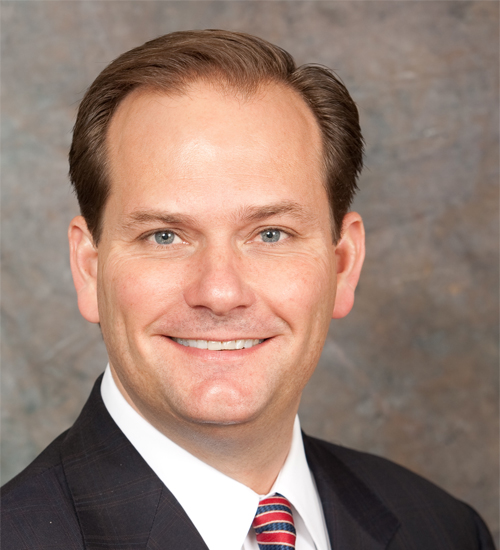 By Leah Etling, Contributing Writer
By Leah Etling, Contributing Writer
When it comes to skin in the game, Jeff Hanson and his co-founders at American Healthcare Investors, the sponsors of Griffin-American Healthcare REIT II, are leaders of the pack.
“We actually have the single-largest co-investment in the non-traded REIT industry of principals’ capital, as measured by the percentage of our own personal net worth that we invest in the fund,” said Hanson, who brought his significant expertise managing non-traded REITs for Grubb & Ellis Equity Advisors to the table when he founded AHI with Dan Prosky and Mathieu Streiff in 2011.
The three founding principals are among the largest individual investors in the REIT (Hanson is the single largest investor), which Hanson says “meaningfully impacts the decision making processes.”
The healthcare real estate sector has been growing at a fantastic rate over the past two years. Griffin-American raised nearly $750 million in investor equity in 2012 and was even more prolific in 2013, raising more than $1.7 billion. International inventory comprises 18 percent of the REIT’s portfolio.
“Most, if not all, of the players in the non-traded REIT space expect the industry to have a record equity-raising year in 2014, which would follow what was already a record equity-raising year in 2013, with almost $20 billion raised in the space,” Hanson said.
CPE: What subsection of the clinical healthcare real estate market do you expect to grow most in 2014?
Hanson: I think that it’s hard to call any specific sector. We invest in all four clinical classes of healthcare-related real estate: medical office buildings, seniors housing facilities, hospitals and skilled nursing facilities. I think that given the radical aging demographic trends in the U.S. today, coupled with the built-in demand for healthcare services that will inevitably result from the implementation of the Affordable Care Act, all four clinical classes—and really just about anything that’s healthcare related, even outside of the clinical classes—is exceptionally well positioned for growth and continued improving fundamentals.
CPE: To what do you attribute the strong growth in equity raising in the non-traded REIT space?
Hanson: There are better sponsors in the space, producing better results. I think that’s one of the primary reasons that we saw such a dramatic equity raise in 2013 over 2012, which was closer to $12 billion. I believe that meaningful increase is largely the result of strong sponsorship in the space and full-cycle fund results.
Most, if not all, of the players in the non-traded REIT space expect the industry to have a record equity-raising year in 2014, which would follow what was already a record equity-raising year in 2013, with almost $20 billion raised in the space.
CPE: How would you describe investors’ feelings? Are they still happy with a safe, long-term investment or looking to absorb more risk, with a potential for higher returns?
Hanson: You’ll always have a subset of the retail investor base that may move into cyclicals as you hit different points in the market cycle and the relative performance of the equity markets. But I think the reality is that … the vast majority of retail investors … are traditionally slightly older investors—the Baby Boomer demographic, for example—and what the typical retail investor looks for in and out of market cycles is a relative level of stability, a lack of correlation with the volatility in the equity markets and what they perceive as a stable yield.
They generally like hard assets, as well, not only for yield but for potential inflation protection. I think the reality of the typical retail investor sentiment and perspective on real estate and the non-traded REIT space is reflected in the equity raise trends industrywide over the last few years. It’s gone up—and it’s increased substantially.
CPE: How do you strive to differentiate your business?
Hanson: In sponsoring public real estate funds, everything we do at the core is really led by an investor-centric philosophy. I personally, and my partners, firmly believe that the way you drive long-term brand value in our industry sector is by putting investors first and contemplating the fund construction and the desired fund exit in every decision that we make.
One of the most important practical things that we do is each of the three principals of our firm invests a significant amount of our own personal money into the funds that we sponsor. We actually have the single-largest co-investment in the non-traded REIT industry of principals’ capital, as measured by the percentage of our own personal net worth that we invest in the fund to align interests between the sponsor company and the shareholders that we’ve been established to serve.
Practically speaking, it’s an interesting analysis in human psychology. When you align interests with real skin in the game, it meaningfully impacts decision making processes and how you view constructing a multibillion-dollar real estate portfolio.
CPE: What are you most proud of?
Hanson: I think the strength of the partnership between myself and the two other principals at AHI is unbelievably strong. We work well together. Beyond that, the incredible team we’ve been able to assemble and maintain since 2006. We clearly have one of the strongest operating platforms in the healthcare real estate sector, and I believe that this is the cumulative result of the strength and expertise of each one of our hard-working and dedicated employees.
Our people enabled us to make a sponsorship transition in 2011, and immediately we catapulted to the second-highest equity raiser in the non-traded REIT space in the industry’s biggest year. In 2013, we raised approximately $1.8 billion in just nine months and closed out our fund in October. The fundraising drives the ability to do what we’ve done, which is to build one of the largest and the best-performing healthcare portfolios in the country.
CPE: What was your most significant deal last year?
Hanson: Our acquisition of the Caring Homes portfolio, in the U.K., which was a half-billion-dollar deal. Core, Class A seniors housing facilities, 44 of them with a single operator, in the U.K. It was a strategic transaction on many levels, and was fairly transformative for the fund we sponsor, Griffin-American Healthcare REIT II. It made us one of the largest healthcare REITs in the country and certainly one of the best diversified from a geographic standpoint. It really enabled us to establish an international presence with a highly accretive transaction for our shareholders and develop a strong strategic relationship that could result in future growth with one of the best seniors housing operators in the U.K.
CPE: Tell us about your philanthropic work.
Hanson: I’ve spent some time in Swaziland and South Africa, specifically with orphanages that serve AIDS orphans. Seeing firsthand, with my own eyes, what the plight of the people is—particularly vulnerable children—is overwhelming. I’m now leading the effort, through my church, that we’ve labeled Project Africa. We have 90 people that are going over to Swaziland and South Africa for two weeks later this year. We’ll tour the sites and engage with our ministry partners to see how we can help, both financially and with hands-on involvement, to expand their efforts and to support more children who have been orphaned as a result of the AIDS crisis in Africa. (You can learn more about Project Africa by visiting www.irvinepres.org/projectafrica.)

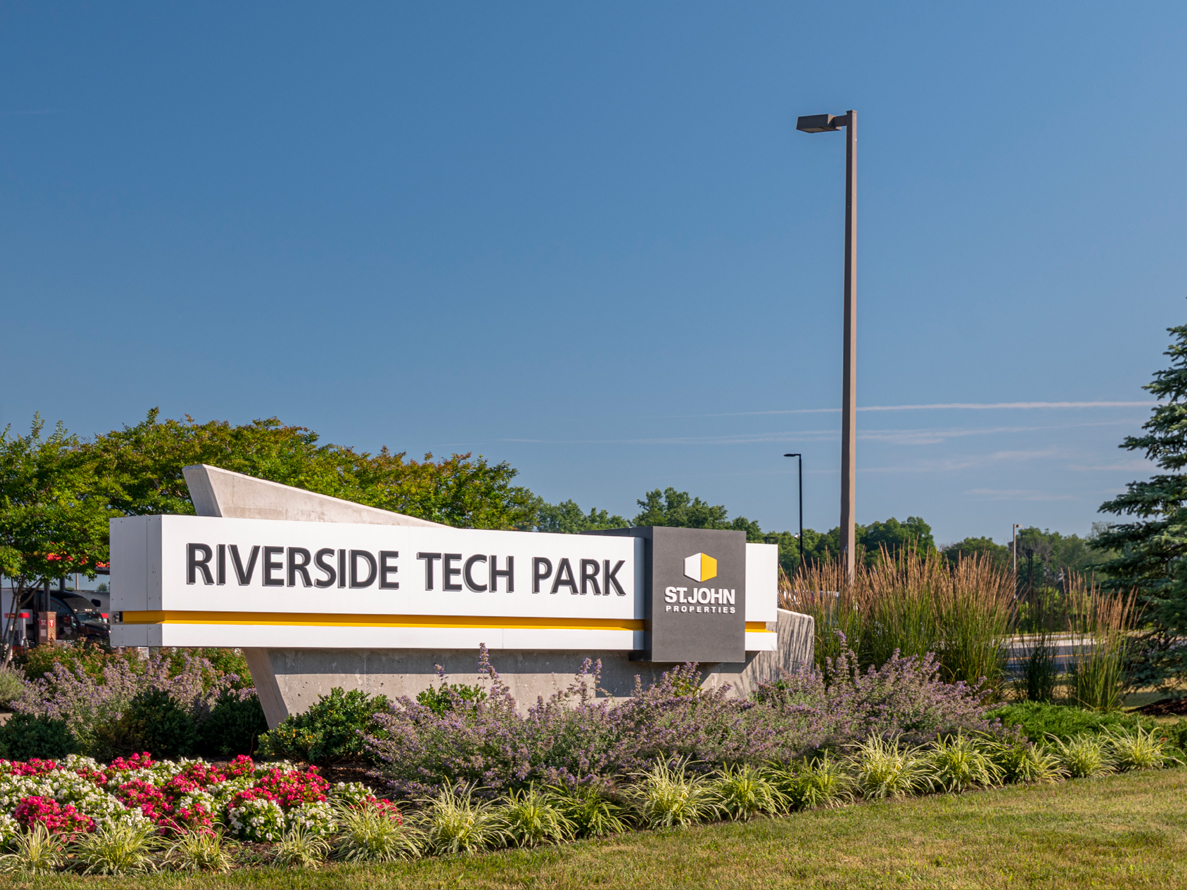
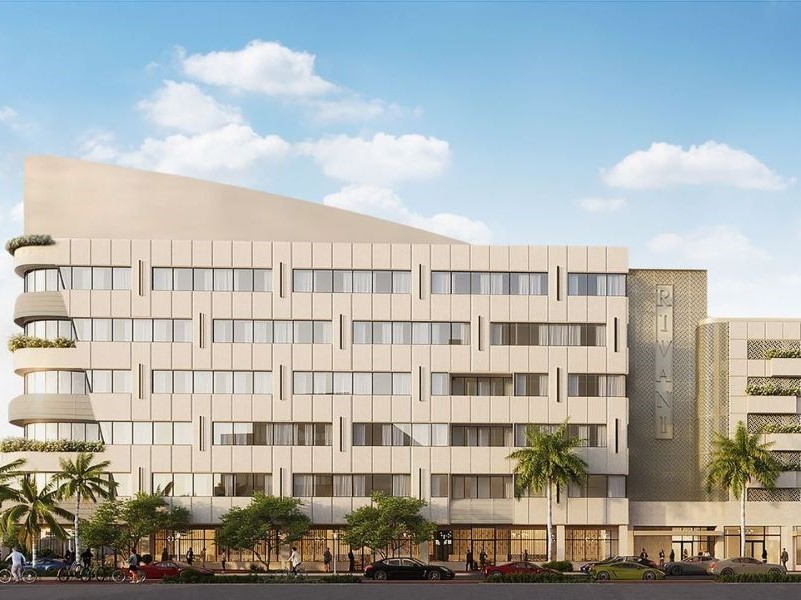
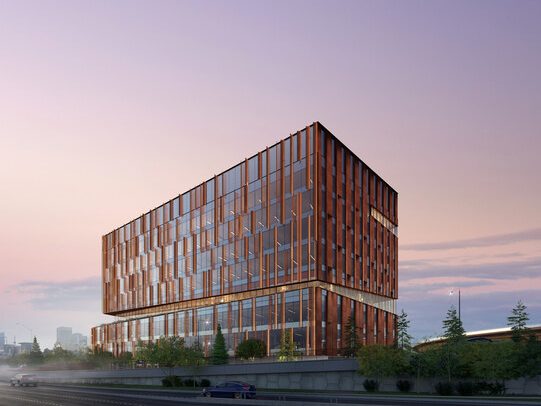
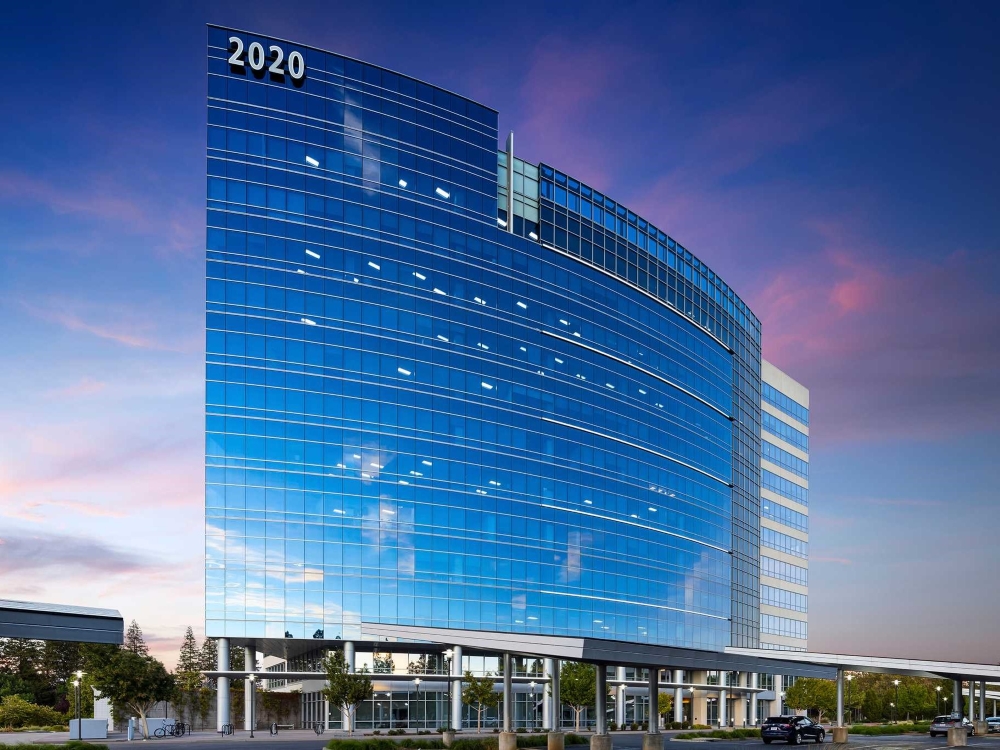
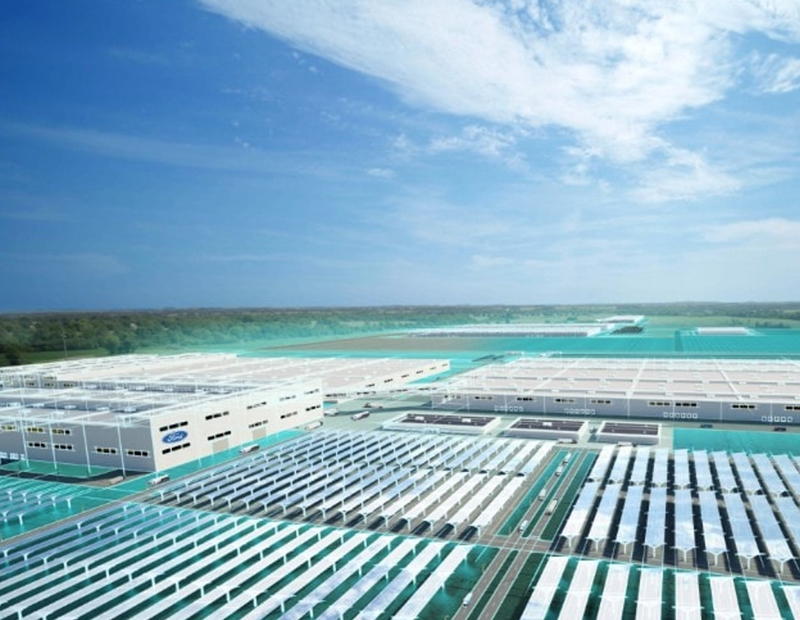

You must be logged in to post a comment.